Becoming Global Biomedical Engineers in Shanghai
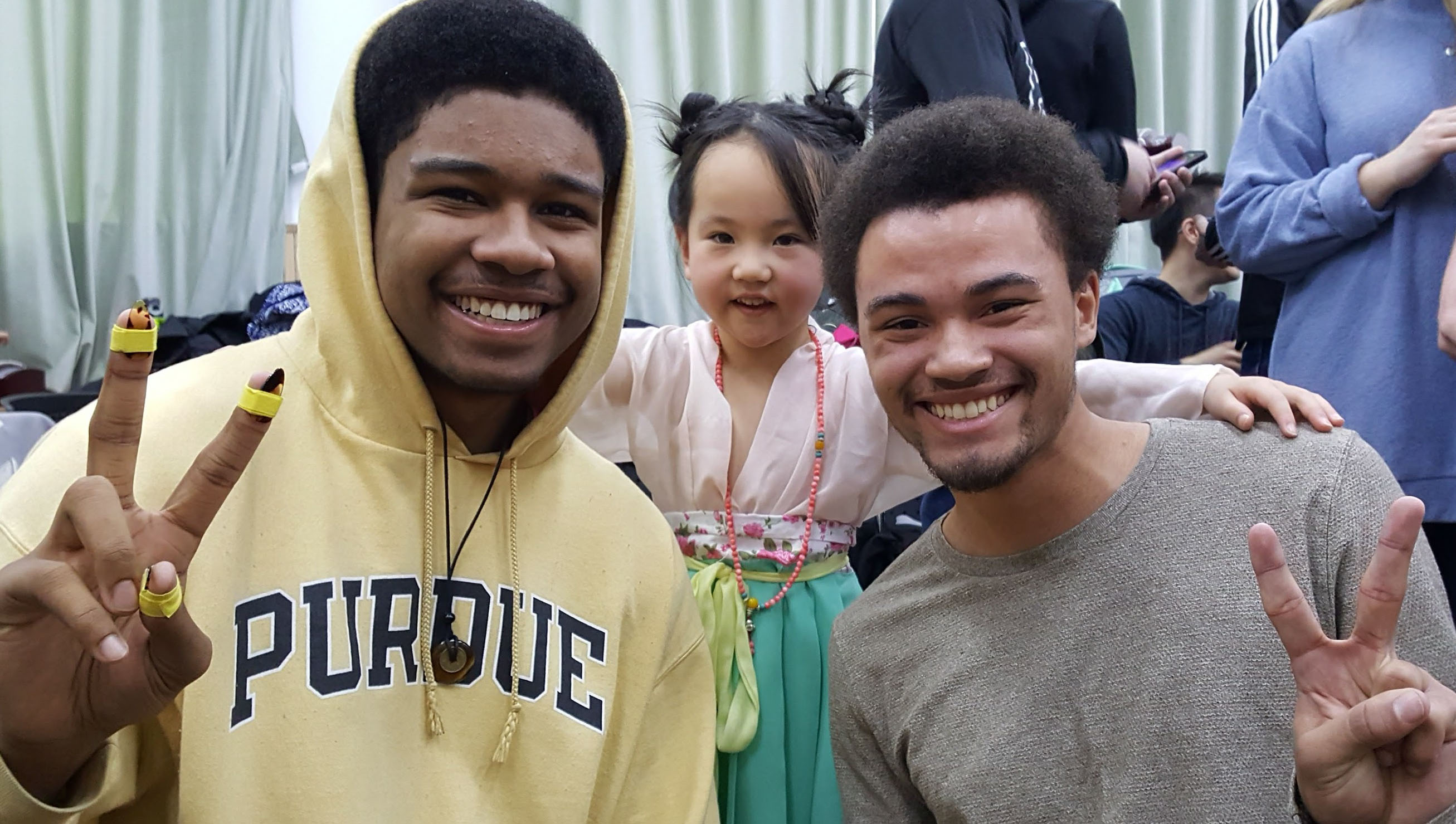
China is one of the fastest developing countries in the world, an economic powerhouse, and a country with increasing political influence. As a result, it has become one of the most popular study abroad destinations for international students.
Shanghai Jiao Tong University (SJTU), a world-renown engineering school located in one of the largest most dynamic cities in the world, is an ideal destination for engineering students seeking an international educational experience.
Now, Weldon School students can study a semester at SJTU without delaying their time to graduation. The program is the latest addition to the Weldon School’s study abroad programs with partner universities in Denmark, Ireland, and Switzerland.
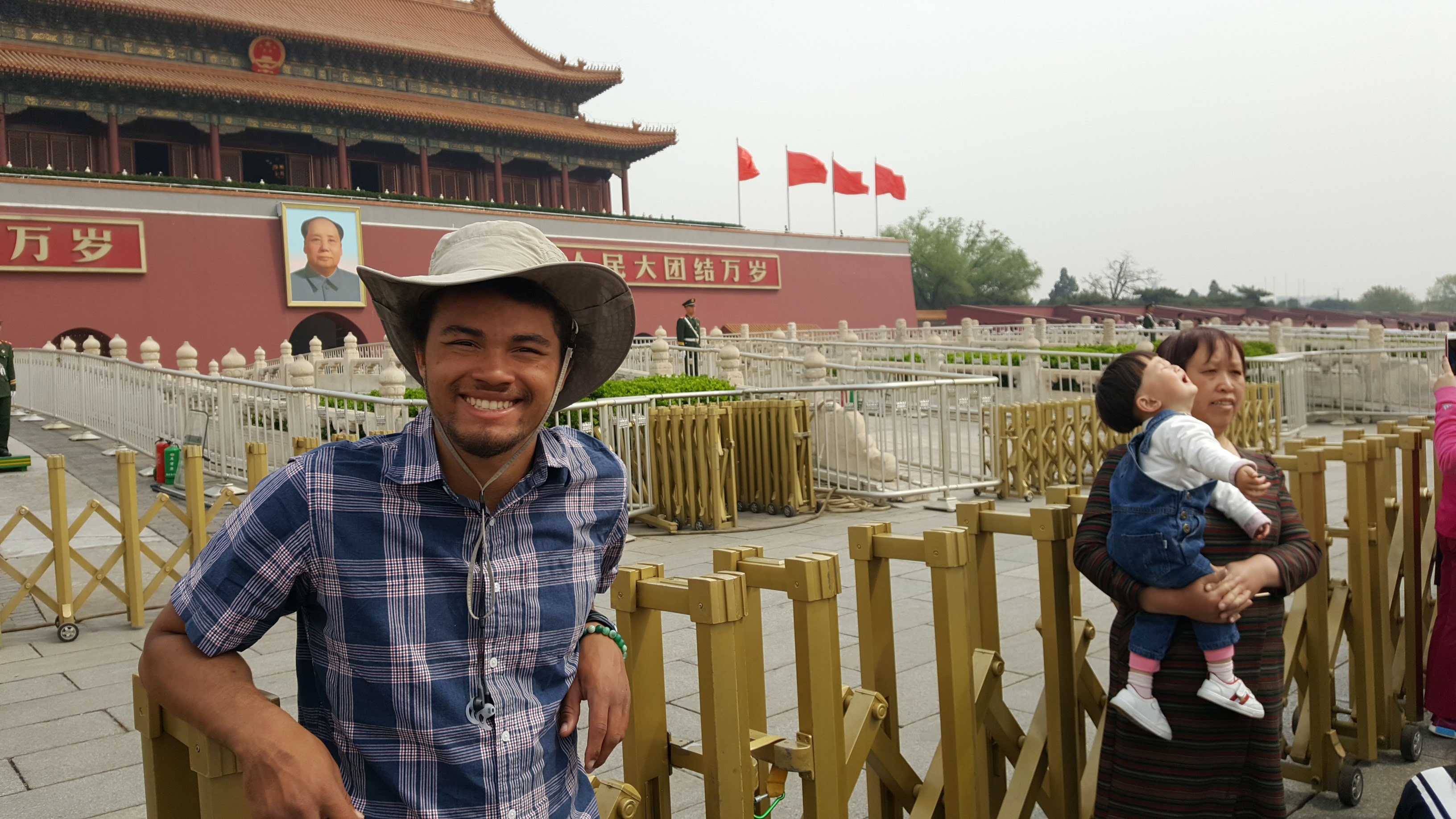
Geared for juniors in the 6th semester, the SJTU program consists of core courses in biomedical engineering, technical and general electives, and a course in Chinese culture; a clinical experience; and plenty of opportunities to travel and immerse themselves in the culture.
“We want our students to become global leaders who can manage cultural differences, promote peace on both sides of the Pacific, and collaborate on grand challenges facing both countries and the world,” said Wei Qiu, Asia Pacific Program Manager in the Office of Global Engineering Programs and Partnership (GEP2) at Purdue.
As the program lead, Qiu travels with Purdue students to Shanghai, helps them get settled in, and supports them as both their intercultural learning mentor and go-to person for help in daily life and academic matters in China. She also studied abroad herself and appreciates both the challenges and the rewards that come with the territory.
“I was fortunate to be able to study abroad in Japan as an exchange student for a full year when I was a junior-year college student, which completely changed my view of the world and life path” said Qiu. She has made it her vocation to help students have an equally transformative experience.
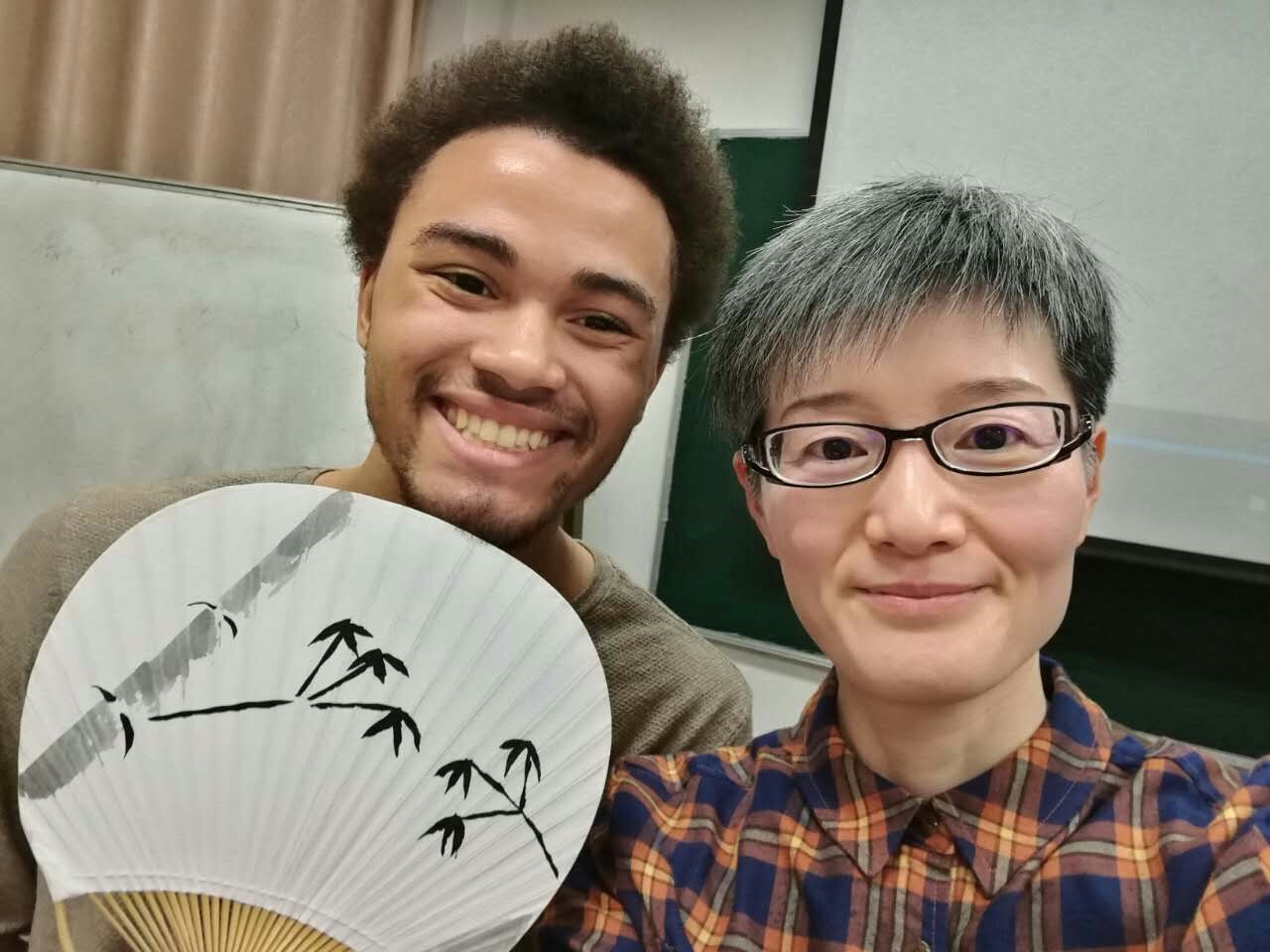
Three key components of the SJTU educational program are course mapping, clinical internship, and site visits.
- Course mapping: Core courses and technical and general electives are mapped to courses offered at SJTU so that the classes students take meet current biomedical engineering curricular requirements. While studying in China, students continue to make progress toward their bachelor’s degree while tackling challenging coursework and research projects.
- Clinical internship: Weldon School students have a two-week clinical internship at 6th People’s Hospital in downtown Shanghai, a hospital that accommodates more than 10,000 patients per day. There, they shadow doctors and nurses while observing clinician practices that are subject to the Chinese healthcare system and policy and occasionally blend Western medicine and Chinese traditional medicine.
- Site visits: Students can go on industrial site visits to Shanghai-based biomedical engineering companies and research labs where they learn about engineering research, design, and practice in Chinese industry.
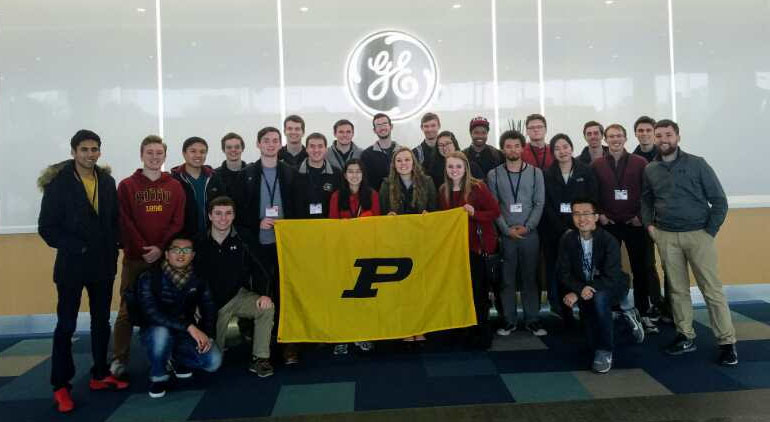
Students will also gain exposure to the emergent smart healthcare industry in China and its potential benefit to the life of the Chinese people, especially the growing elderly population.
“The aged population is the largest in the history of mankind,” said Nan Kong, associate professor of biomedical engineering and an SJTU program manager. “Taking care of the aged population will require great biomedical technology and systems innovation. So we will see more business opportunities on smart health and integrated care in China.”
Craig Goergen, assistant professor at the Weldon School and an SJTU program manager, noted that students see things in China that are both familiar to them and very different.
“There is a global biomedical engineering mindset,” said Goergen. “They have similar technology as ours, the same ultrasound system, for example, and they are doing similar work. So, as much as it is different in the culture and the language, it is also similar to the research we conduct.”
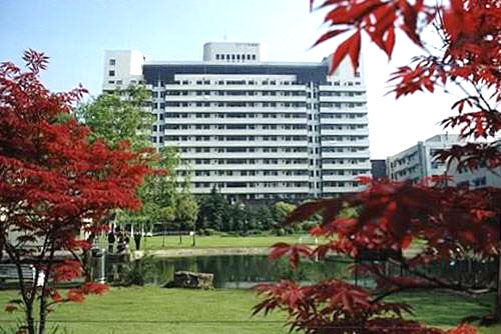
Many multinational corporations with international customers seek employees who have an understanding and appreciation of China, Chinese culture, and Chinese people. Mandarin is one of the world’s most widely spoken languages and therefore one of the most useful languages to learn for future careers. Career seekers who speak one or more foreign languages and have an international experience on their résumé are going to have an edge over other candidates.
“Most of the companies that our students go to have international customers,” said Goergen. “The more international experience they have coming in the better, whether it is in Shanghai or elsewhere.”
Study abroad students are expected to learn as much outside of the classroom as they do in class. According to Qiu, overcoming cultural and language barriers while resolving the inevitable challenges helps students develop intercultural communication skills and improve their global competence.
“A lot of learning in China happens outside of lecture,” said Jerome Alexander Marshall. Marshall was one of the first two Weldon School student to participate in the SJTU program in 2017. “I matured quite a bit. I think this experience helped me by taking me out of my comfort zone. I learned how to adapt in various situations.”
Shelby Skidmore, a current SJTU program student, appreciates the value of learning a country’s social norms. She has learned about culturally inappropriate gifts, unlucky numbers, and the significance of certain colors to the Chinese people, for example. “Learning things like this helps you understand their point of view and why they do the things they do.”
Qiu hopes students have fun in China by joining on-campus clubs and making friends with locals, their Purdue peers, and other international students at SJTU; appreciating the culture via travel; and enjoying the cuisine.
In the few months she has been in China, Skidmore has already done a lot of traveling to Hong Kong, Suzhou, and Hangzhou, and she is not done. “My bucket list includes going to see the Great Wall, the Terracotta Warriors, and Zhangjiajie National Forest Park.”
According to Goergen, one of the most important takeaways for any study abroad student is that they realize more palpably that the way they view the world is not the way everybody else sees it.
“You have to like the adventure of it,” Goergen said. “You have to expect that it is going to be different and outside of your comfort zone, but it is going to be an incredible experience.”
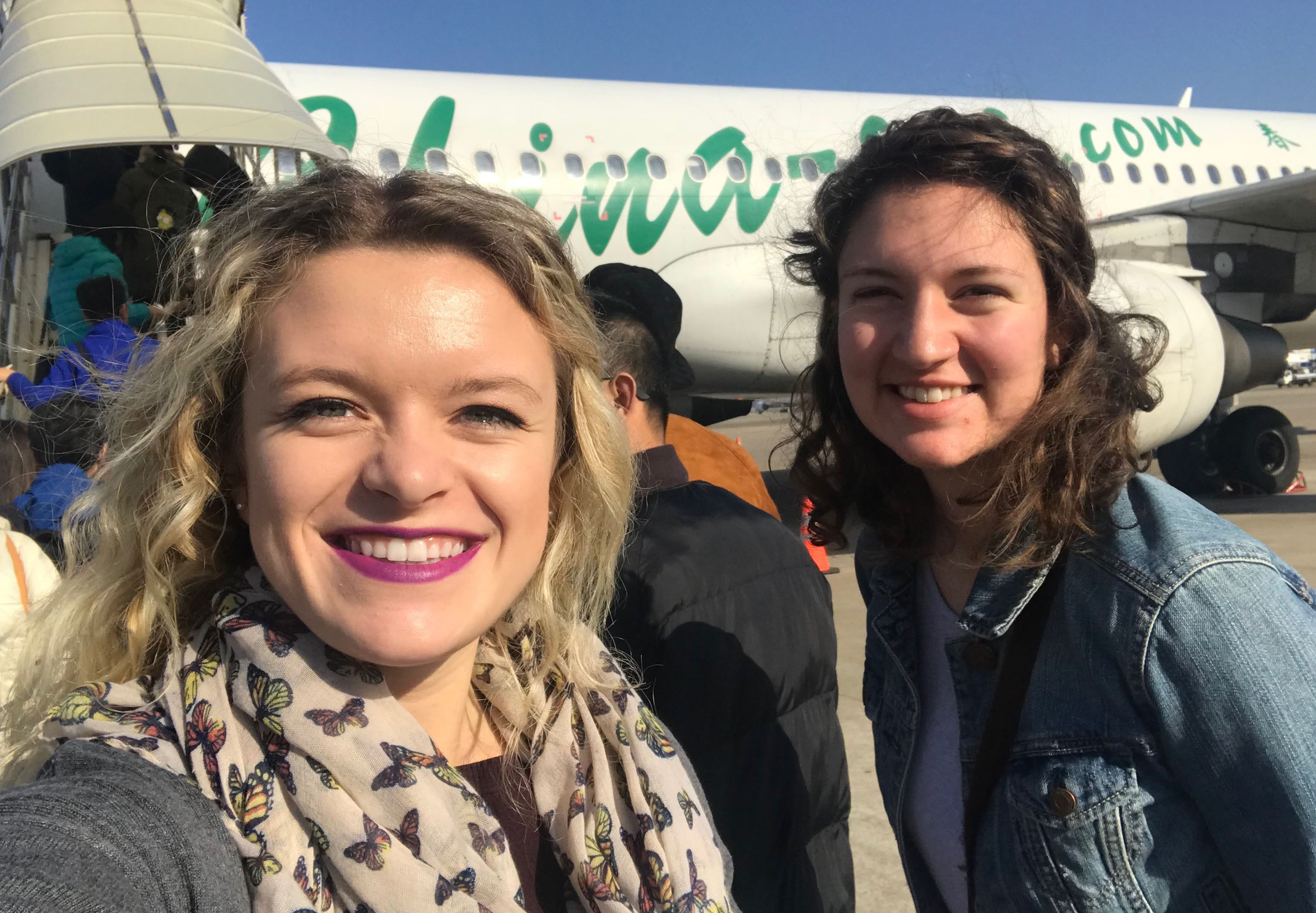
Perhaps no one appreciates more the rapid growth in a student who has studied abroad than his or her parents. Sheri Marshall, Alex’s mother, visited him in China and wrote to Qiu about the experience: “We went to visit him a few weeks ago, and I can’t tell you how amazed we were at how quickly he’s assimilated. He was a fantastic guide for us and could speak enough Mandarin to get around pretty much everywhere. We visited both campuses and got to eat at his favorite spots. We saw a lot off the beaten path, which was cool. He has learned so much about the culture and his surroundings, and the places he’s been able to visit are truly amazing.”
The cross-cultural experience is not just one way. In the fall of 2019, the Weldon School plans to welcome its first set of Chinese exchange students from SJTU. They will join some 9,000 international students from nearly 130 countries who are studying abroad at Purdue.
Their presence will give Weldon School students opportunities to build connections with future global engineers as well as exposure to the Chinese culture. In addition, the exchange students are expected to provide valuable additions to the research labs and projects of Weldon School faculty. Overall, Having the SJTU students at Purdue will further enhance the partnership between the Weldon School and the SJTU BME department.
For more information about the SJTU program, contact:
Nan Kong, Associate Professor of Biomedical Engineering, nkong@purdue.edu
Craig Goergen, Assistant Professor of Biomedical Engineering, cgoergen@purdue.edu
